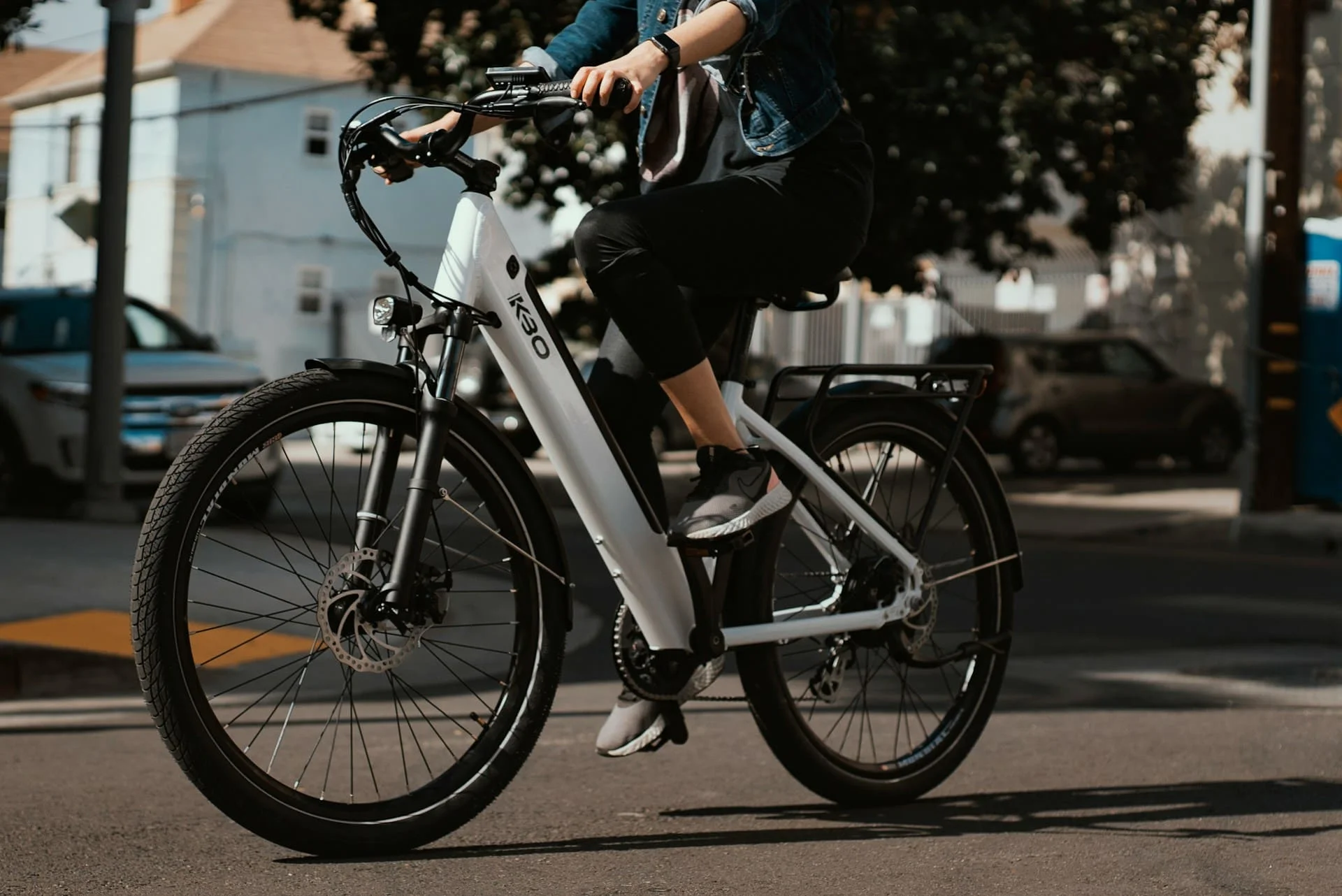AI impact on workers shows mixed early results according to new study

A new look at how artificial intelligence is changing work is sparking interest in the UK, where similar debates are shaping everything from City firms to start‑ups. Early findings from a large German dataset suggest that AI’s impact on workers is far from the doom‑laden predictions often heard. Instead, the evidence points to no widespread harm to well‑being, and even some small gains in physical health among workers in roles exposed to AI. The research, titled Artificial Intelligence and the Wellbeing of Workers, underpins a growing discussion here about how automation and machine learning might play out in offices, factories and high‑street businesses over the coming years.
The authors, based in Europe and the US, analysed two decades of longitudinal data and found no significant average effects of AI exposure on job satisfaction, life satisfaction or mental health. Interestingly, workers with lower formal education reported modest improvements in self‑rated physical health and less physically intense work. Weekly hours also dipped slightly, but without changes to income or employment rates. Professor Luca Stella, one of the co‑authors, noted that
“public anxiety about AI is real, but the worst‑case scenarios are not inevitable.”
That kind of observation will resonate with many here who are weighing how AI might influence sectors from logistics to public services.
There are, however, notes of caution. The researchers highlighted that alternative self‑reported measures of AI exposure pointed to small negative effects on subjective well‑being. Younger workers and more flexible labour markets were not captured in the data, meaning the picture could look different in time. Stella added that we may simply be at an early stage of adoption, so broader effects are yet to be seen as technology advances.
With UK policymakers exploring how to manage automation and worker protections, studies like this are likely to feed into the conversation. See the full article at ScienceDaily for further insights.
Keep an eye out for more studies into science & the environment ay EyeOnLondon.
Follow us on:
Subscribe to our YouTube channel for the latest videos and updates!
We value your thoughts! Share your feedback and help us make EyeOnLondon even better!









